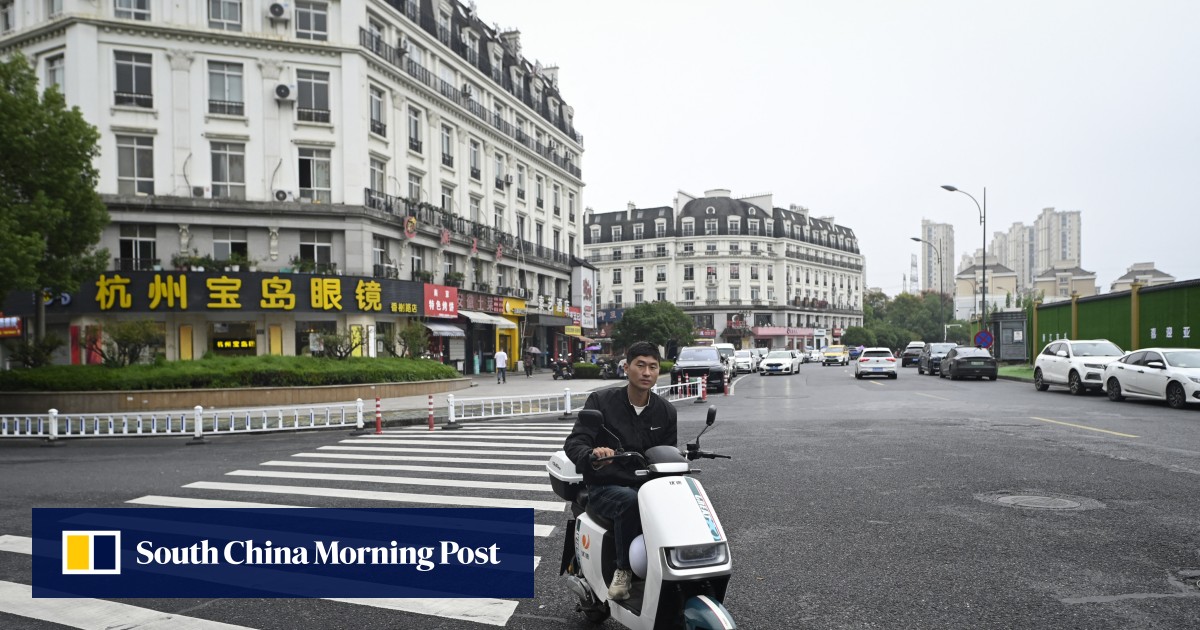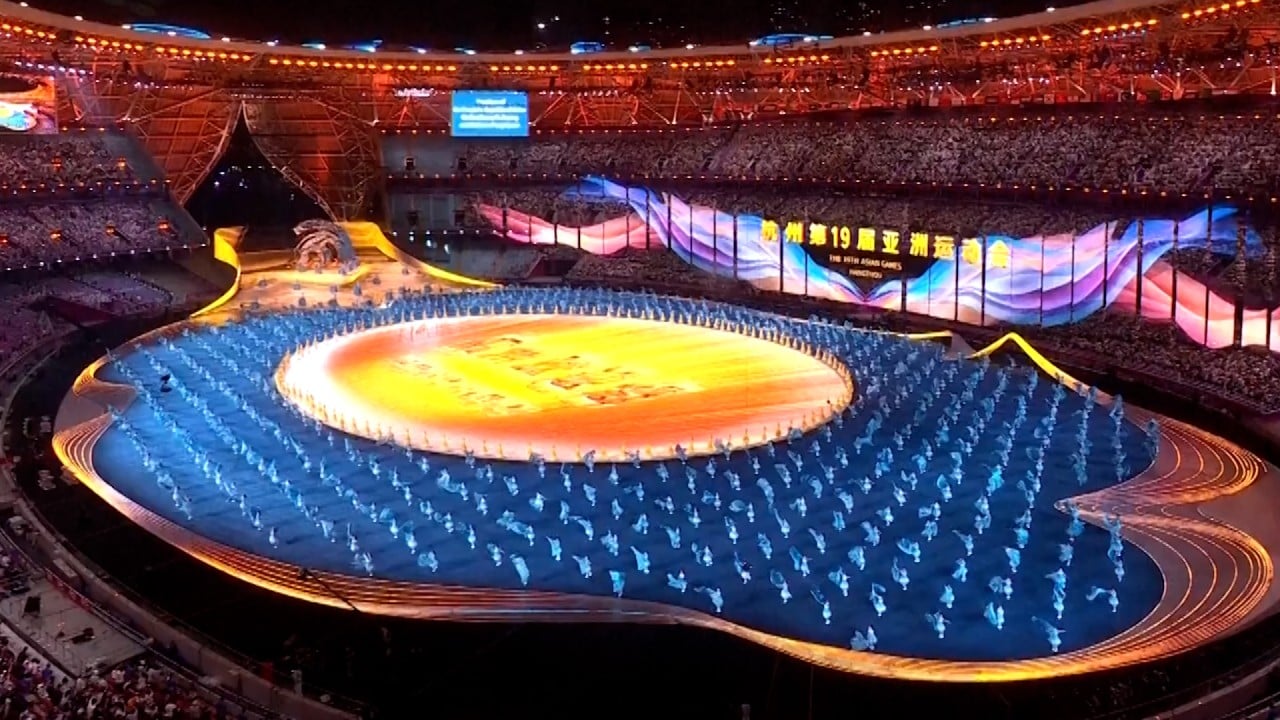The city, home to e-commerce leader Alibaba Group Holding and carmaker Geely, will no longer check the qualification of potential buyers, the housing bureau said in a statement on Thursday. Developers will get a free hand in selling units in projects that are undersubscribed, instead of following a lottery-based system to clear them, it added.
The changes will also allow non-local homeowners in Hangzhou to apply for a local residency permit, it added. The city will grant favourable mortgage rates to first-time buyers seeking a new home in the city, and to others who are in the midst of selling their existing properties, it added.
Hangzhou’s move is “very significant”, said Yan Yuejin, director of Shanghai-based E-House China Research and Development Institute. “The relaxation will have important implications for other cities where curbs are still in place, and will play a crucial role in shoring up confidence.”
Prices of new homes in China’s 70 medium and large cities fell for a 10th consecutive month in March, dropping 0.3 per cent from February, the statistics bureau said. Contracted sales by the nation’s top 100 home builders tumbled 49 per cent in the first quarter from a year earlier, according to China Index Academy.
Chengdu, the capital of southwest Sichuan province, preceded Hangzhou by lifting all curbs in an announcement before the April 30 Politburo meeting.
Since the meeting, the southern city of Shenzhen has lowered tax payment thresholds for home purchases, while Wuhan in central Hubei province offered mortgage rate cuts, among others. Beijing also opened up home purchases in the suburbs of the capital.
Hangzhou’s drastic move suggests its piecemeal measures to encourage home purchases in March, such as allowing locals and non-locals to buy pre-owned homes in the city, have not produced the necessary results.
This time, the carrot in cheaper mortgage rates could turn out to be “the best measure” to boost the secondary housing market, Yan of E-House said. The incentives, currently being actively promoted by Hangzhou and Wuhan, “could attract more cities to follow suit.”



